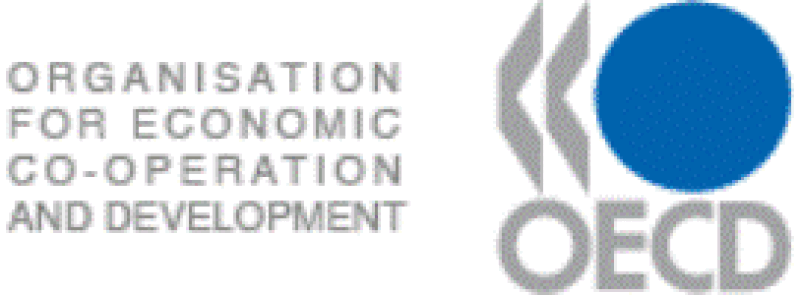
Executives have always looked to organise their companies in the most efficient manner possible. In recent years they have to sought to restructure their businesses by locating functions, risks and assets where they feel they can get the most value from them. In many cases, this meant transfers to related parties in other countries. A London conference gives them the opportunity to influence the OECD's thinking in this area.
The issues that business restructuring raises, such as the recognition, or not, of arm’s length transactions, could lead to uncertainty for taxpayers and tax authorities and the possibility of double taxation or double non-taxation.
The discussion draft, which came out of the deliberations of various OECD working groups, covers the topics through four issues notes: general guidance on the allocation of risks between related parties; arm’s length compensation for the restructuring itself; the application of the arm’s length principle and the OECD transfer pricing guidelines to post-restructuring arrangements, and the exceptional circumstances where a tax administration may consider not recognising a transaction or structure adopted by a taxpayer.
In London, to lead the discussion will be speakers such as Caroline Silberztein, head of transfer pricing unit at the OECD, Jos van Leeuwen, adviser on transfer pricing issues, Netherlands Ministry of Finance; Werner Stuffer, vice-president, taxes, Siemens; Manfred Naumann, head of section, international tax, Federal Ministry of Finance, Germany and Paul Morton, head of tax, Reed Elsevier.
The February conference may be the last opportunity you have to submit comments by the deadline and to hear from and speak to the tax officials and professionals that are influencing the process










